A sleep aid pill can be a lifesaver for individuals who have difficulty falling asleep or staying asleep and getting the rest they need. And getting proper rest is important, as any disruption in your sleep pattern can have an escalating effect, causing or contributing to other health problems. You may find yourself lashing out at people, having difficulty concentrating, feeling generally run down or even becoming more prone to colds and flu.
If you are having trouble sleeping, you are hardly alone. Millions of people suffer from some form of insomnia. In fact, it is one of the more common complaints heard by doctors around the world. It has become such an issue that sleep aids are now one of the biggest consumer markets, with a wide variety of both over the counter and prescription sleep aids currently available. And they are also among the most controversial of medications as they can cause a wide range of side effects.
Before considering any sleep aid pill, you should understand exactly what its benefits are and weigh them against the potential side effects. Obviously, side effects will vary from individual to individual, but there are some general facts known about these medications that should cause anyone to be cautious about taking them. And, of course, you should always consult with your doctor first.
Sleeping pills generally come in one of two forms: over the counter (OTC) and prescription. OTC sleep aids are usually antihistamine based and rely on the drowsiness effect of antihistamines such as diphenhydramine or doxylamine to improve sleep. Sold under brand names such as Nytol, Sominex and Unisom, these popular pills are usually effective, but they can come with a downside. The primary problem is that the drowsiness caused by the antihistamines doesn’t always wear off fully by the next morning, which can leave you feeling groggy.


Do You Need A Prescription Sleep Aid Pill?
A prescription sleep aid pill may be used as an alternative. These are medications that use the sedative benzodiazepine to produce a sedative hypnotic state. This can be helpful for those whose insomnia is related to anxiety or stress, but these are powerful drugs that can have a serious addictive effect, which also means that if you stop taking them abruptly you can suffer withdrawal symptoms.
A new class of prescription medications that doesn’t use benzodiazepine was created in recent years. Sold under the brand names Ambien, Sonata and Lunesta, these medications tend to have fewer side effects, but that doesn’t make them safe for everyone to take. Some individuals who have taken these drugs have reported an increase in suicidal thoughts and in sleep related behaviors like sleepwalking and sleep driving.
Of course there are alternatives to taking a sleep aid pill, including herbal sleep remedies like lavender and chamomile tea, which have a soothing effect and can enable you to fall asleep easier. None of these natural sleep aids are guaranteed to work either and some can have serious side effects or interfere with other medications.
While it is certainly important to get a good night’s sleep and it is all too tempting to just reach for a pill when you do have trouble sleeping, that is not necessarily the best answer. If you are having difficulty sleeping, talk to your doctor and together you can try to figure out the underlying cause of your problems and treat it directly, with a pill or some other method. Then you can rest easy and get that good night’s sleep you’ve been missing.


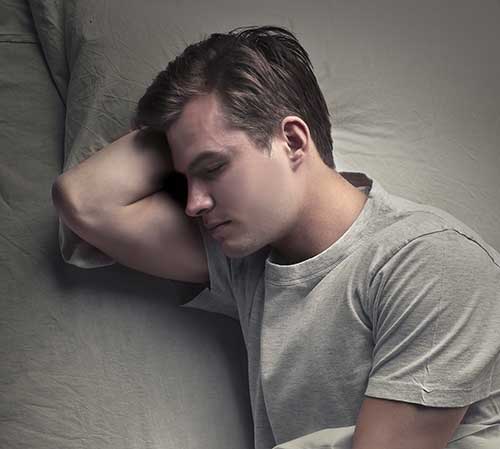
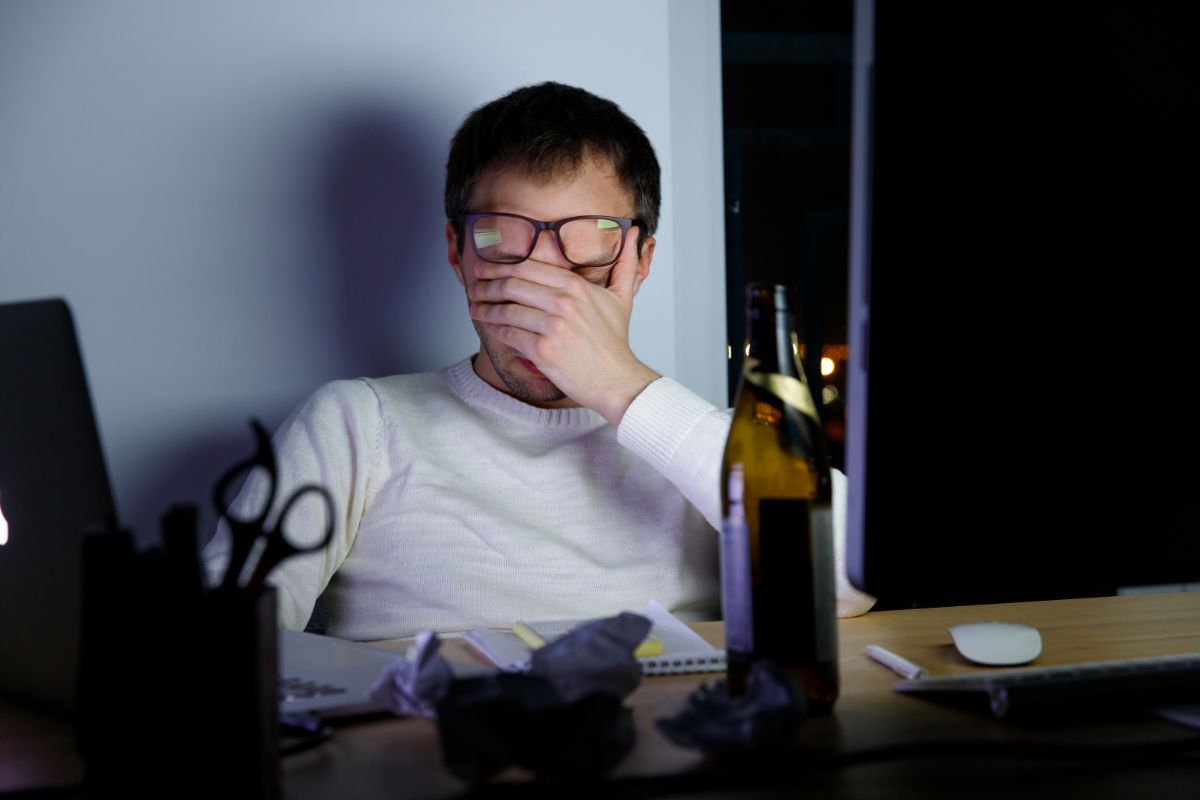
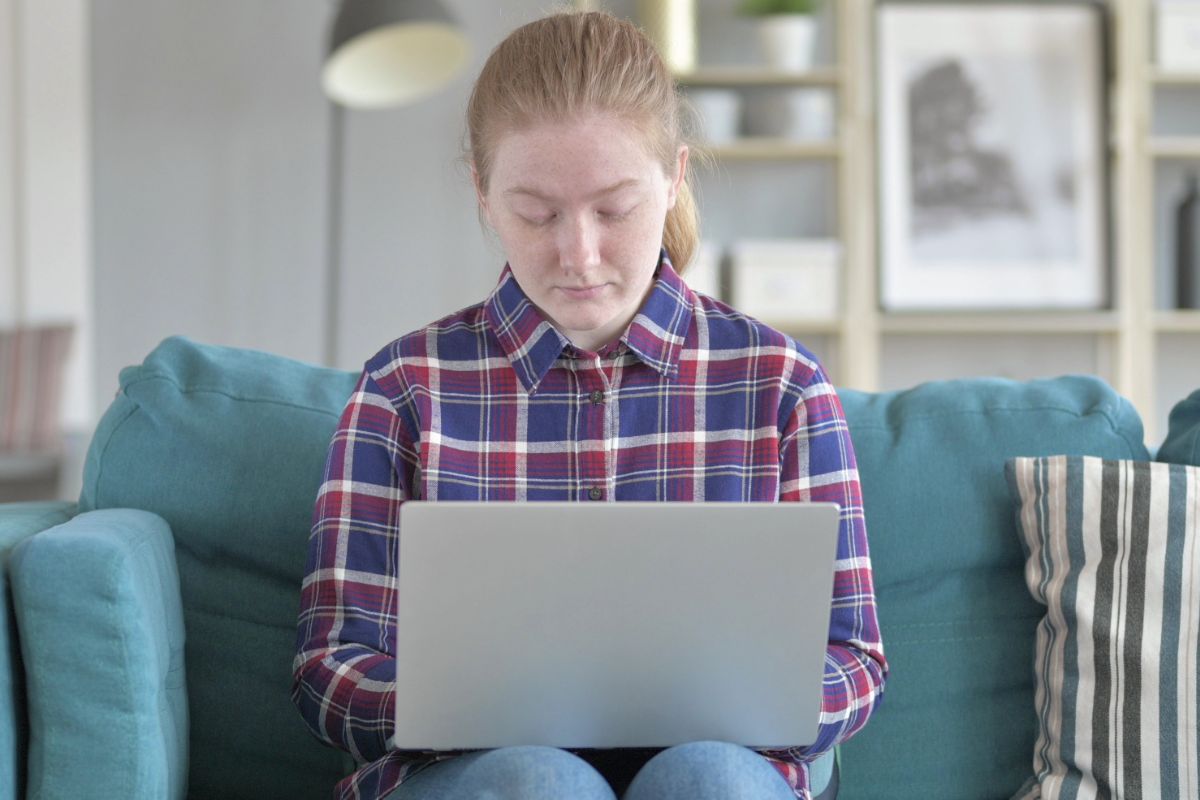
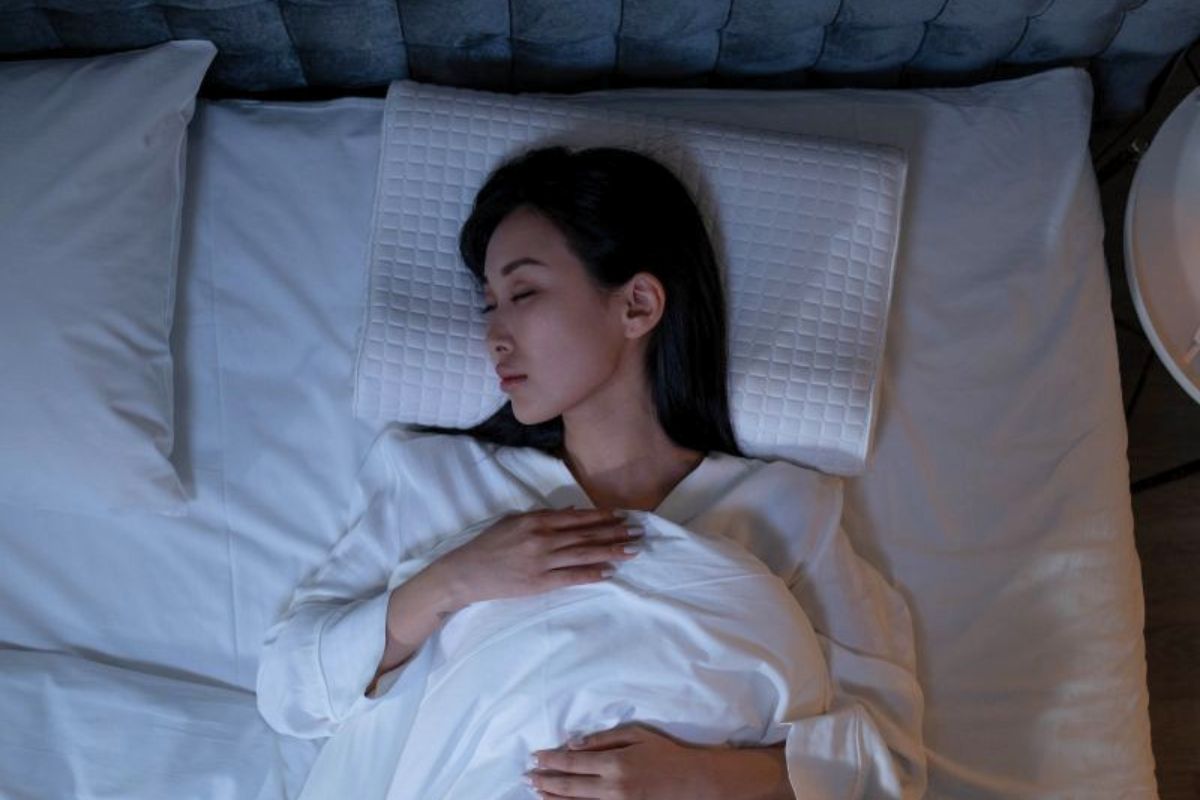
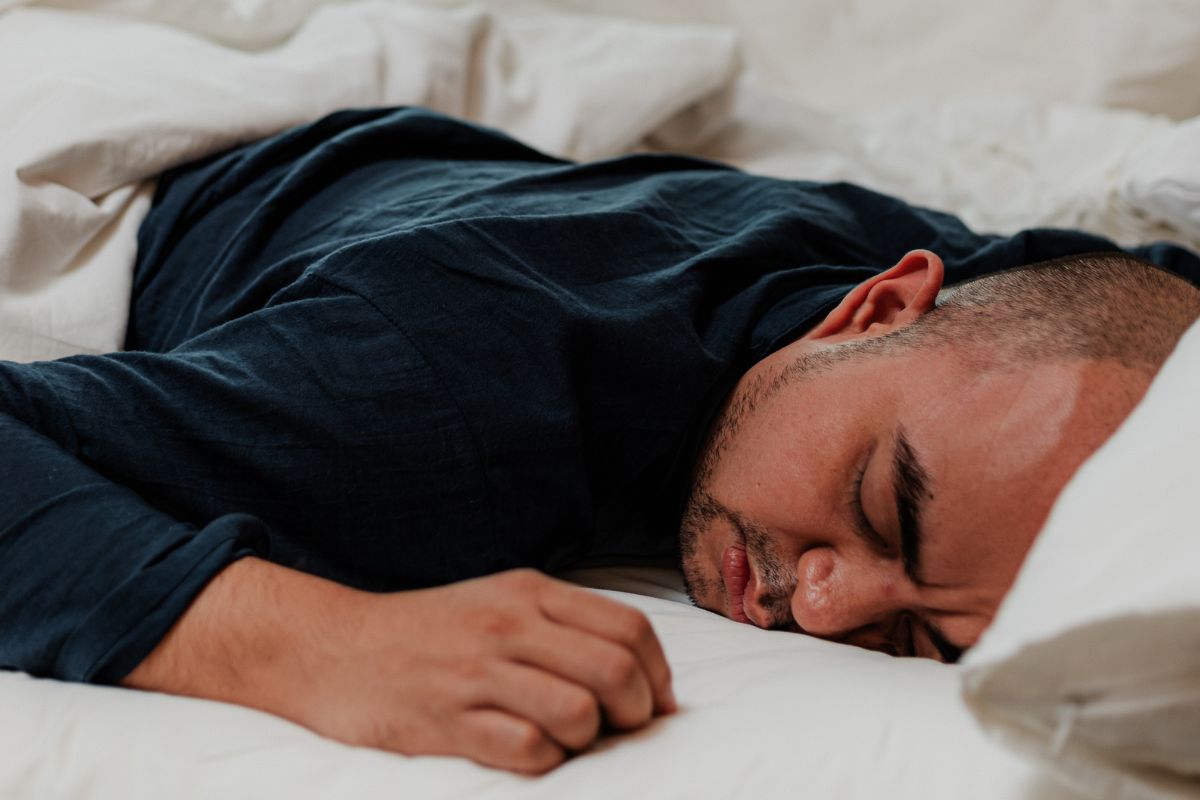


New! Comments
Share your tips and feedback. Leave me a comment in the box below.